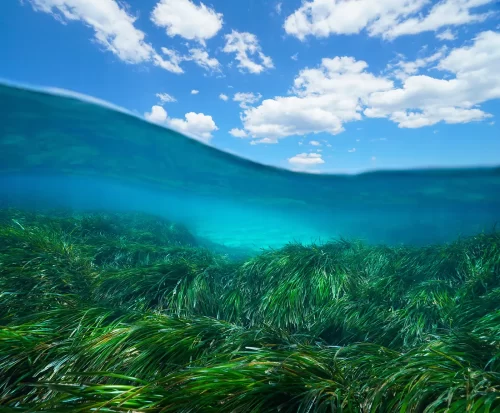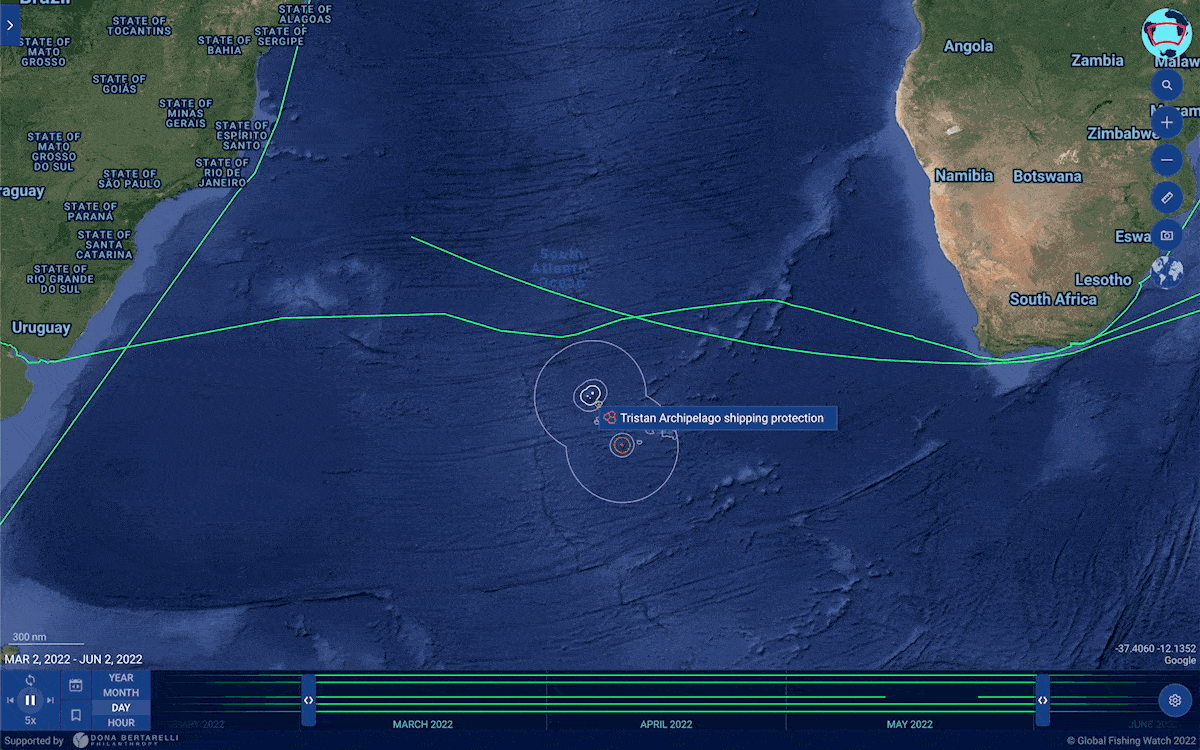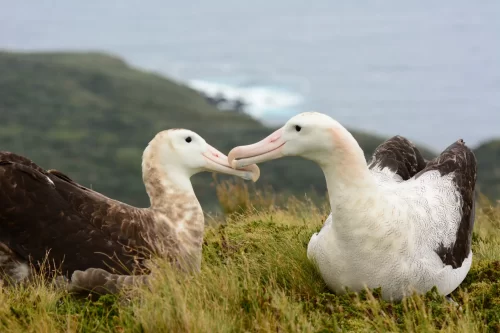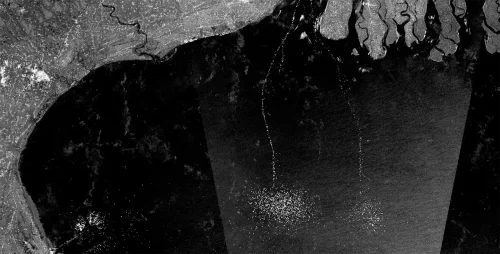
The Issue
Marine protected areas (MPAs) are one of the most effective means we have of conserving and restoring our ocean. By restricting fishing and other human activities, they help the ocean regenerate, protecting marine ecosystems and enabling biodiversity and fish populations to recover.
In 2015, the United Nations set a target of protecting 10 percent of the ocean by 2020, but despite a substantial increase in MPA coverage, this goal was not achieved. At the start of the decade, less than 8 percent of the ocean was protected, with less than 3 percent categorized as fully or highly protected.
Part of the challenge with marine protection is that those responsible for overseeing MPAs do not always have a holistic view of what is happening out on the water. Being able to draw on comprehensive and dynamic data is crucial to making effective plans and sound decisions—whether that means keeping track of fishing patterns and shipping routes, plotting changes in sea temperature and acidity, or monitoring biodiversity activity.
Governments have now set an even more ambitious goal of protecting 30 percent of the planet’s lands and ocean by 2030, an initiative which was supported by roughly 190 nations at the most recent United Nations Biodiversity Conference. Achieving this will require a transformation in the way MPAs are designed, managed and monitored.

Our Work
In December 2022, we launched Marine Manager—a dynamic technology portal created to help inform the design, monitoring and management of marine protected areas—with support from philanthropist and ocean advocate Dona Bertarelli. By bringing together a wealth of real-time data and analysis tools, the online portal seeks to revolutionize our ability to effectively monitor and protect marine ecosystems.
Marine Manager enables government, conservationists, researchers or anyone with an internet connection to zoom in on any part of the ocean to monitor and analyze commercial fishing, shipping and other industrial activity. This information can be overlaid with environmental, biological and zoning data, offering insights into the health of the marine environment and how it is affected by humans.
The marine manager portal is freely available to everyone and translated into actionable information to help enable better decision-making. Users can create their own public or private workspaces where they can upload their own datasets and create time-series analyses and data visualizations.
Marine Manager was piloted in some of the world’s most important and remote marine areas, including the Galapagos marine reserve, Guyana, Ascension Island, Niue in the South Pacific and Tristan da Cunha. To date, it is being used across more than two dozen sites worldwide, and as we continue to expand our work across new regions, more data, features and analytical capabilities will be integrated into the portal.
"This new resource comes at a critical time, as we see unprecedented growth in marine protected area coverage, but large shortfalls in their effective management, often driven in part by missing data. This critical gap will be closed by Global Fishing Watch Marine Manager, allowing unprecedented insight into the threats and opportunities for existing and future conservation areas."
Dr Boris Worm,Killam research professor in marine conservation, Dalhousie University
"Having a tool through which we can monitor our EEZ for vessel and potential fishing activity—from a computer on our island—is extremely useful. We hope that Marine Manager will become a tool through which my colleagues and I can share data and encourage others, such as scientists, to collaborate with us and each other, with the goal of keeping these waters and all the life within them thriving for the long-term."
James Glass,director of fisheries and chief islander of Tristan da Cunha

